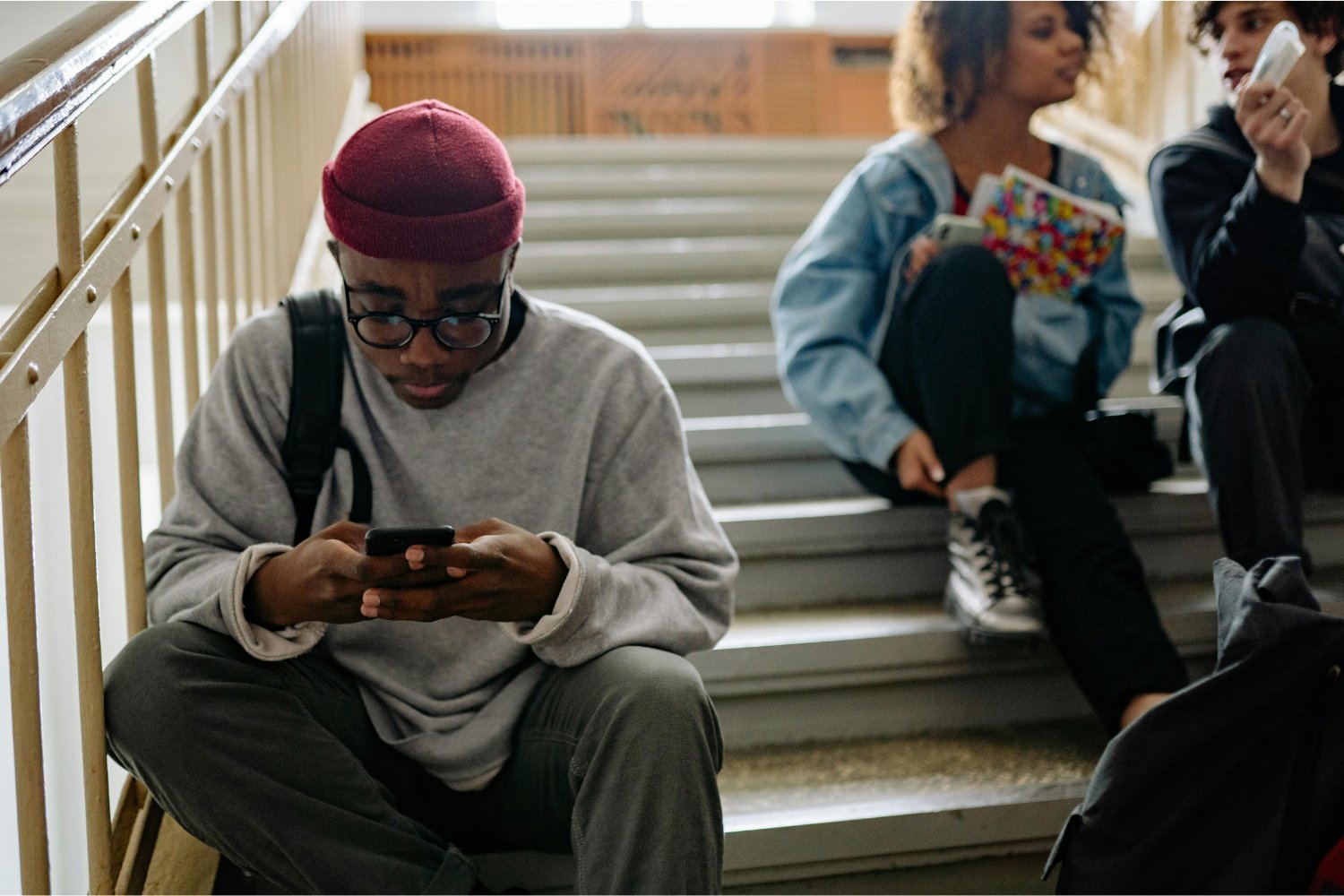The Unspoken Impact of Social Media on Shaping the Minds of the Youth

In the digital age, social media has become the epicenter of the daily lives of young people. But what happens when this space of interaction transforms into fertile ground for radical discourse and misinformation? What appears to be a simple form of entertainment or expression could be undermining fundamental values. In this article, we explore how these platforms are shaping beliefs, attitudes, and the democratic future.
Trust changes hands: from media to algorithms
In recent years, young people have radically changed their . Instead of turning to traditional media, they opt for social networks, friends, family, and influencers. According to recent data, over 60% of Spanish teenagers over 14 years old get their information from platforms like TikTok, YouTube, or Instagram, while journalists barely capture 15.6% of their attention.
This phenomenon is partly a response to the growing distrust towards traditional media. In 2023, half of young people between 18 and 24 years old said they did not trust them. The direct consequence: , which prioritize virality over truth, become the informational compass for an entire generation. And when scandal, shouting, or emotional headlines take precedence, verified facts lose out.
The silent impact: stereotypes, hate, and radicalization
Social networks not only inform; they also educate, influence, and shape beliefs. Recent studies warn of the increase in sexist, racist, and homophobic messages directed especially at the youngest. The revealed that over 51% of males between 16 and 24 believe that equality has gone too far, to the point of feeling discriminated against.
This shift in mentality also affects collective discourse. Only 35% of Gen Z men consider themselves feminists. Worse still, a quarter of those under 35 in Spain believe that an authoritarian government may be preferable to a democracy. These data are not mere statistical curiosities: they are warning signs of a values crisis fueled by the logic of platforms.
How can this trend be reversed?
Faced with this panorama, the big question is: how do we regain control of public debate? Attempting to combat misinformation from within the networks has proven to be ineffective. Perhaps the answer lies in stepping out of that and embracing new models. For instance, in 2020, Australia forced social networks to pay for media content, and although Facebook responded with a blackout, the media found new ways to reach the public.
Subscription platforms for verified content, similar to streaming services, could be the future. But for them to work, we must first convince young people that quality information has value, and that being well-informed is never free. Because, ultimately, misinformation does have a price: the weakening of democracy.
Source:




